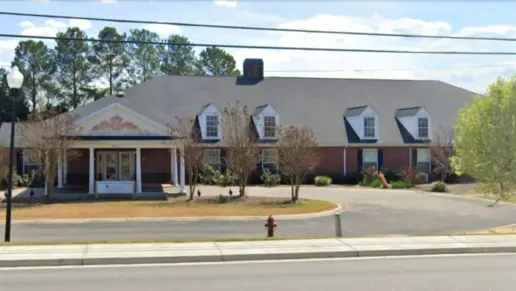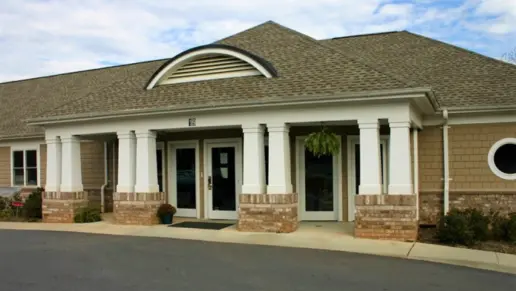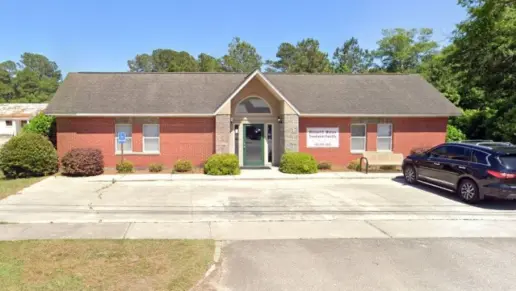You need to be careful when you come here, this place seems to be very good, but in reality, the only thing They want is your money!
About Prisma Health Behavioral Health–Gracern Road
Prisma Health Behavioral Health-Gracern Road, formerly Palmetto Lowcountry Behavioral Health, in Columbia, South Carolina, offers comprehensive behavioral health and addiction treatment services. The facility treats both behavioral and physical symptoms of mental health conditions. Staff craft personalized care plans for every patient.
Prisma Health covers many conditions on the mental health side of things such as depression, anxiety, post traumatic stress disorder (PTSD) and bipolar disorder. The type of treatment that they work with is a blend of evidence based therapies like cognitive behavioral therapy (CBT), medicine administration and individual therapy sessions. They offer outpatient care. However inpatient facilities are also available depending on the severity of the disorder. Treatment also encompasses family intervention programs as they recognize the significance of including one’s family members while working toward recovery.
Prisma Health treats a broad spectrum of substance use disorders including opioid addiction. Its opioid addiction program is built on medication assisted treatment (MAT). This is a combination of FDA approved medications like buprenorphine or methadone with counseling and behavioral therapies. Through detox patients can safely relieve withdrawal and curb cravings to establish sustainable recovery. If necessary the center offers medically monitored detoxification services to make sure individuals are in good hands and have someone looking out for them during this crucial early recovery period.
Prisma Health also supports continuing recovery through outpatient services, including relapse prevention programs and long term care for those who have completed more intensive treatment. This whole person approach is needed to ensure that support and care are provided long term which significantly increases the possibility of remaining in recovery.
Prisma Health is dedicated to providing services for all members of the community. This center accepts different insurance providers like Medicare, Medicaid and some insurance providers to make sure low cost addiction rehab is available.
Facility Overview
Latest Reviews
Rehab Score
Gallery
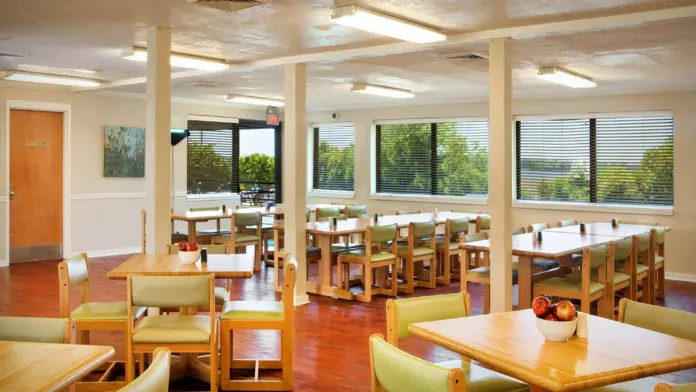
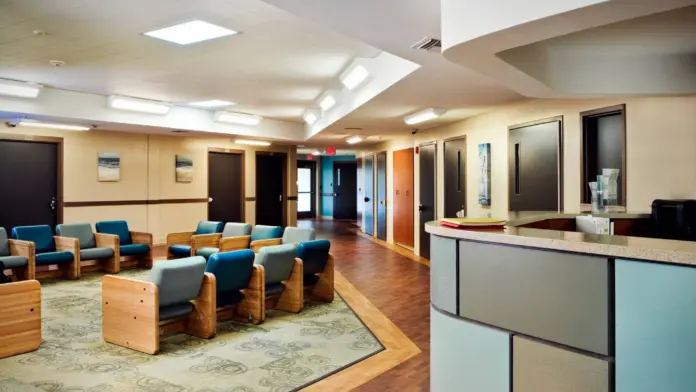
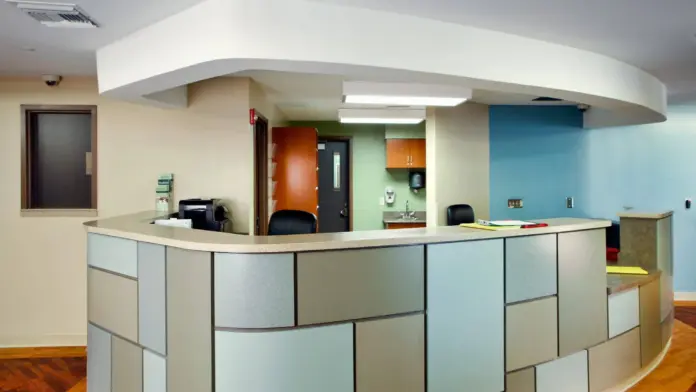
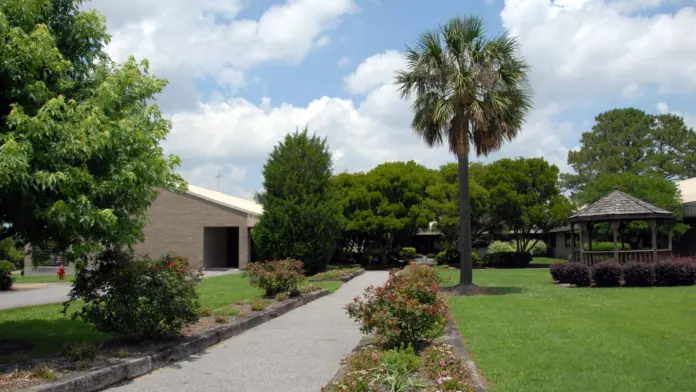
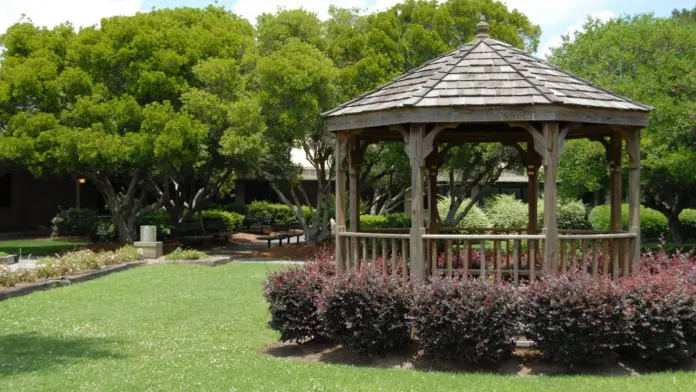
Location
Accepted Insurance
Other Forms of Payment
Private insurance refers to any kind of healthcare coverage that isn't from the state or federal government. This includes individual and family plans offered by an employer or purchased from the Insurance Marketplace. Every plan will have different requirements and out of pocket costs so be sure to get the full details before you start treatment.
Self-pay involves paying for treatment out of your own pocket. You can use savings or credit, get a personal loan, or receive help from family and friends to fund your treatment. If you don't have insurance or your insurance plan doesn't cover a specific program, self-pay can help ensure you still get the care you need.
Medicare is a federal program that provides health insurance for those 65 and older. It also serves people under 65 with chronic and disabling health challenges. To use Medicare for addiction treatment you need to find a program that accepts Medicare and is in network with your plan. Out of pocket costs and preauthorization requirements vary, so always check with your provider.
Medicaid is a state based program that helps lower-income individuals and families pay for healthcare. Medicaid covers addiction treatment so those enrolled can use their coverage to pay for rehab. When a program accepts Medicaid the client often pays very little or nothing out of their own pocket.
Addiction Treatments
Levels of Care
Treatments
The goal of treatment for alcoholism is abstinence. Those with poor social support, poor motivation, or psychiatric disorders tend to relapse within a few years of treatment. For these people, success is measured by longer periods of abstinence, reduced use of alcohol, better health, and improved social functioning. Recovery and Maintenance are usually based on 12 step programs and AA meetings.
Choosing a drug rehab in South Carolina helps you overcome drug dependency, learn how to manage cravings, and obtain the tools needed to prevent relapse. This is accomplished through individualized treatment that addresses a full spectrum of physical, social, and emotional needs.
Opioid rehabs specialize in supporting those recovering from opioid addiction. They treat those suffering from addiction to illegal opioids like heroin, as well as prescription drugs like oxycodone. These centers typically combine both physical as well as mental and emotional support to help stop addiction. Physical support often includes medical detox and subsequent medical support (including medication), and mental support includes in-depth therapy to address the underlying causes of addiction.
Substance rehabs focus on helping individuals recover from substance abuse, including alcohol and drug addiction (both illegal and prescription drugs). They often include the opportunity to engage in both individual as well as group therapy.
Programs


Clinical Services
Cognitive Behavioral Therapy (CBT) is a therapy modality that focuses on the relationship between one's thoughts, feelings, and behaviors. It is used to establish and allow for healthy responses to thoughts and feelings (instead of unhealthy responses, like using drugs or alcohol). CBT has been proven effective for recovering addicts of all kinds, and is used to strengthen a patient's own self-awareness and ability to self-regulate. CBT allows individuals to monitor their own emotional state, become more adept at communicating with others, and manage stress without needing to engage in substance abuse.
Dialectical Behavior Therapy (DBT) is a modified form of Cognitive Behavioral Therapy (CBT), a treatment designed to help people understand and ultimately affect the relationship between their thoughts, feelings, and behaviors. DBT is often used for individuals who struggle with self-harm behaviors, such as self-mutilation (cutting) and suicidal thoughts, urges, or attempts. It has been proven clinically effective for those who struggle with out-of-control emotions and mental health illnesses like Borderline Personality Disorder.
Group therapy is any therapeutic work that happens in a group (not one-on-one). There are a number of different group therapy modalities, including support groups, experiential therapy, psycho-education, and more. Group therapy involves treatment as well as processing interaction between group members.
Research clearly demonstrates that recovery is far more successful and sustainable when loved ones like family members participate in rehab and substance abuse treatment. Genetic factors may be at play when it comes to drug and alcohol addiction, as well as mental health issues. Family dynamics often play a critical role in addiction triggers, and if properly educated, family members can be a strong source of support when it comes to rehabilitation.
Recreational therapy helps you recover from drug and alcohol addiction by offering activities that improve your physical and mental health. When you participate in team sports, arts, and outdoor adventures, you engage in a positive experience that helps reduce your cravings and stress levels while giving you an opportunity to express your emotions.
Amenities
-
Private Setting
Staff & Accreditations
Staff

President & CEO
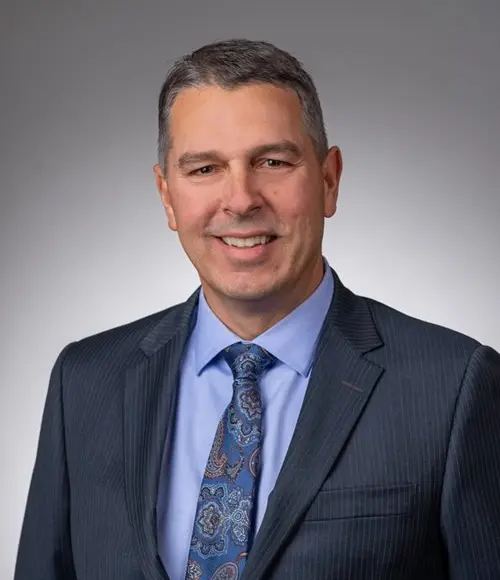
Executive VP & CFO
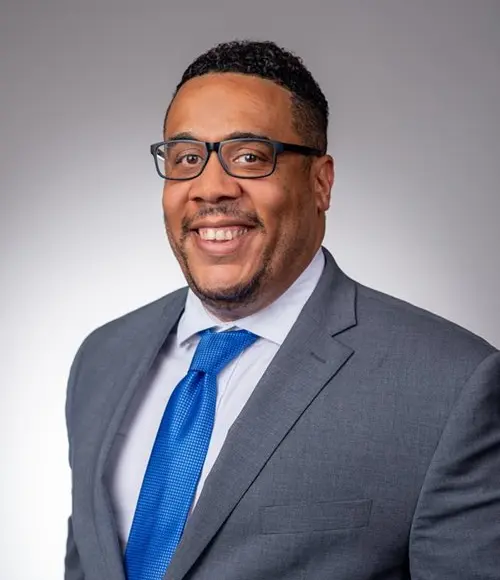
Executive VP & Chief Legal Officer
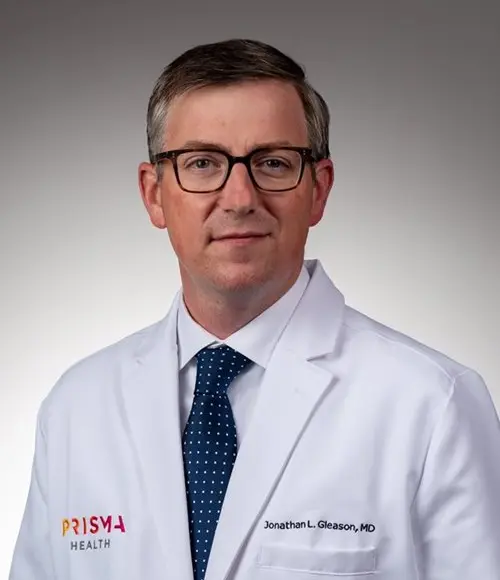
Executive VP & Chief Clinical Officer
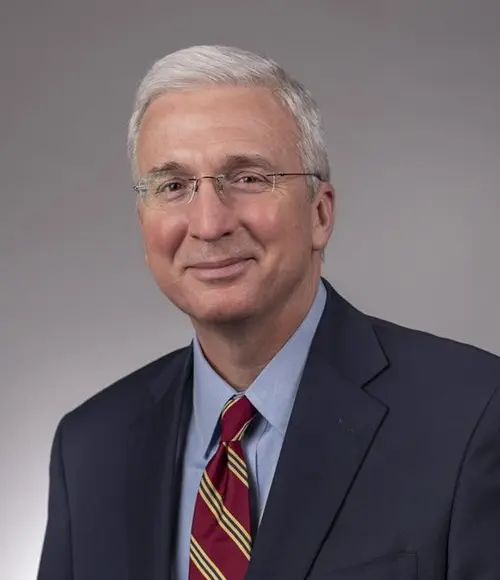
Chief Strategy Officer
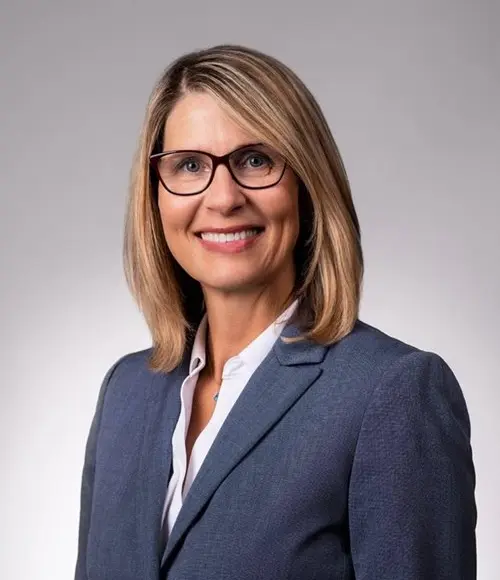
Executive VP & Chief HR & Diversity Officer
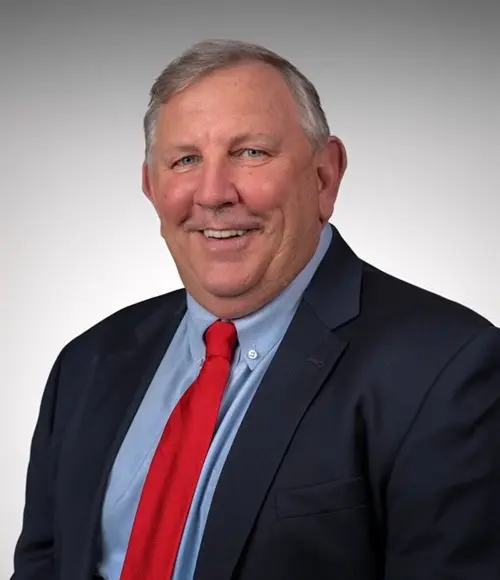
CIO
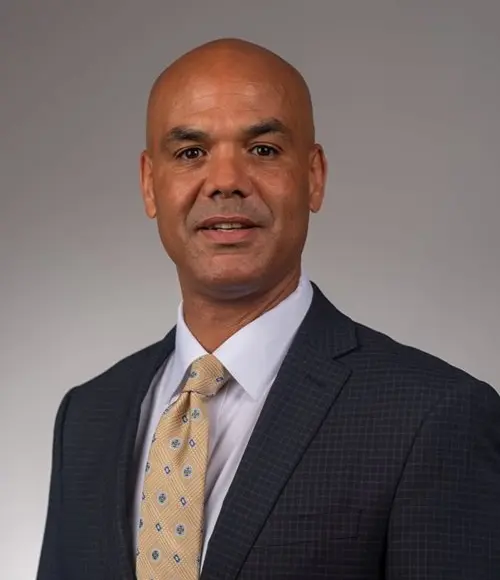
COO
Accreditations

The Joint Commission, formerly known as JCAHO, is a nonprofit organization that accredits rehab organizations and programs. Founded in 1951, the Joint Commision's mission is to improve the quality of patient care and demonstrating the quality of patient care.
Joint Commission Accreditation: Yes
Contact Information
720 Gracern Rd
Suite 120 & 104
Columbia, SC 29210







